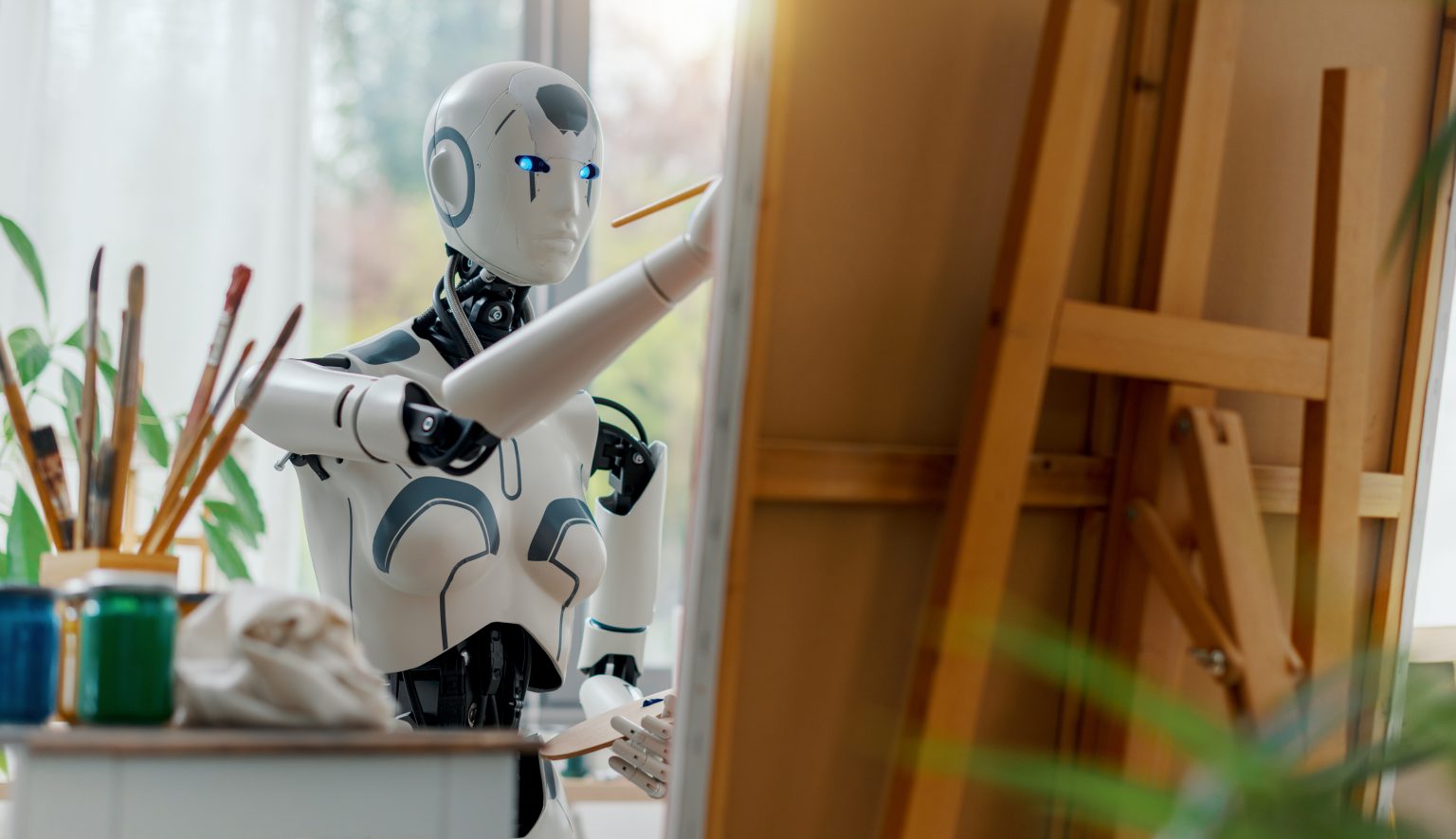Artificial Intelligence (AI) is the word on the street nowadays as it has bulldozed its way into just about every industry and changed the way most people do anything. From music that can mimic an artist’s voice with really good lyrics and compositions to AI causing strikes in Hollywood, There is a need – nay a demand on the powers that be to create some Artificial intelligence law or regulation that keeps a watchful eye over this new tech that as the power to do some really cool things or absolutely contribute to the downfall of most creatives. Let’s look at what the US and the UK are doing about AI, shall we?
The Rise of AI-Generated Works
You cannot scroll on Tik Tok Instagram or YouTube without coming across something AI. One of the easiest examples to point at is the super popular musician Drake using AI Tupac and Snoop Dog in a song in his “Beef” with Kendrick Lamar. Which he ended up having to take off all sites due to some legal trouble. So as you can see AI does present quite the legal quagmire.
Intellectual Property and its Challenges
In the more traditional sense, intellectual property laws are designed to protect actual human beings — artists, writers, musicians, and inventors. But when it comes to stuff generated by AI is there a human hand in the work that deserves to be protected? If yes to what extent? Who is even the author of said work in a situation where someone uses an AI tool – that they did not create – to produce some piece of art? Is it the creators of the AI tool or the person who used the AI tool? You can see how IP and AI laws can get muddy.
Intellectual Property in the U.S of A
In the good old United States, the rule is simple: if a piece of work is to get all that precious copyright protection there would have had to be a human hand in the creation of said work.
Intellectual Property in the U.K.
Over in the UK, they’re also trying to get to grips with the new normal. The use of a computer to produce any kind of work is considered “computer-generated”; there are circumstances in which some rights and some authorship may be given over to a person who used the AI to produce some work per the Copyright, Designs, and Patents Act of 1988. And where the work does not have a human author, the person or company that “caused the work to be done” is the “author”.
The Need for New Frameworks
This is why we need IP law to evolve. To catch up with AI. Much as we have seen in the last few years, where more and more people are calling on lawmakers and regulators to completely reconceptualize the system and approach things from a more “AI-first” standpoint — granting subject matter of host to AI creations and ensuring that rewards are distributed to AI “innovators” (as well as the human creators). IP assets need to be recognized as existing in “AI-subject matter” and thus must have definitions of such rights and a system for when and how they can be used, and how they will be rewarded.
The Future of AI Ownership
And so, as the rhetoric continues to build momentum, it’s incumbent upon all creators—artists, technologists, legal minds, and users of such tools—to convene, to keep the discourse going on what is happening, and to help shape policy, as it will, in time, be the elements of creative AI that inherit the Earth.



